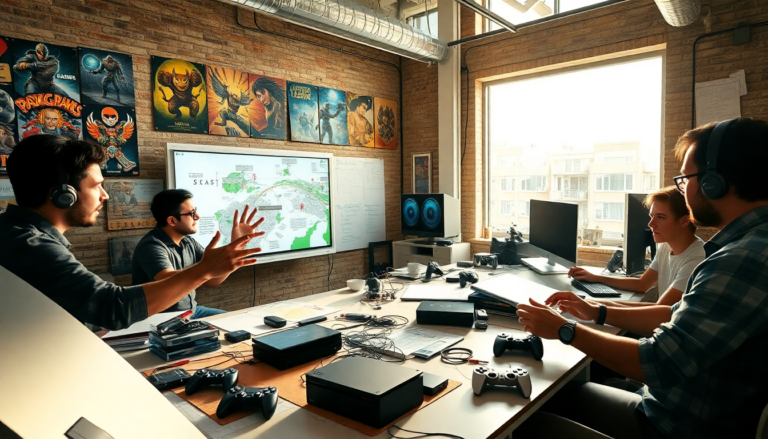Argomenti trattati
Recent comments from Shuhei Yoshida, former head of PlayStation, shine a spotlight on a pressing issue: the skyrocketing budgets in video game development and their significant impact on the industry. During an event aimed at fostering dialogue among developers and industry leaders, Yoshida compared the PlayStation 4 and PlayStation 5 eras, revealing emerging challenges tied to economic sustainability in the production of high-budget titles.
How the PS4 to PS5 Transition Affects Budgets
Back in the PS4 days, game developers poured considerable resources into creating visually stunning and narratively rich experiences, often exceeding $200 million per title. The belief was simple: invest heavily in spectacular productions, and you’d reap the rewards at the cash register. Iconic games like God of War, Horizon Zero Dawn, and The Order: 1886 embodied this approach, focusing on quality and immersive gameplay to enthrall players.
Fast forward to the PlayStation 5, and Yoshida has raised a red flag: development costs have continued to soar without a matching uptick in profits. In the past, selling a million copies felt like a win; today, AAA games often need to hit at least 10 million units to even consider breaking even. Can you imagine the pressure developers face in this new landscape?
This dramatic shift has resulted in a tightening of approvals for new projects, especially those with hefty price tags. Yoshida describes the PS5 era as a pivotal moment where the industry must rethink its strategies. With costs climbing and audiences becoming increasingly selective, the risk of creative stagnation looms large, threatening the diversity and innovation of future games.
Exploring Alternative Models: Lessons from Nintendo
Yoshida also pointed to Nintendo’s business model as a potential path forward that relies less on massive financial investments. He believes the upcoming Switch 2 could be a game-changer, balancing lower costs with high-quality offerings, especially in key markets like Japan. However, while he admires this approach, Yoshida made it clear that Sony isn’t ready to pivot just yet, opting instead to stick with its ambitious production strategy—risks and all.
While he remains cautious about making drastic changes, Yoshida doesn’t dismiss the idea that Sony could reevaluate its strategy if market conditions shift. His comments underline the urgent need for the industry to engage in deeper strategic discussions that prioritize its health amidst a competitive and costly landscape.
The Urgent Need for Sustainable Innovation
Yoshida’s insights are a wake-up call for the gaming industry as it seeks to transition toward more sustainable business models. Striking a balance between innovation, cost management, and quality will be essential for nurturing creativity and securing a thriving future for all stakeholders. As the gaming world continues to evolve, adopting strategies that embrace these changing dynamics will be crucial for both developers and publishers.
In conclusion, the industry finds itself at a critical juncture. Understanding the ramifications of soaring budgets and adapting to new economic realities will be key to shaping its future. The conversations sparked by leaders like Yoshida are vital in navigating this complex terrain, ensuring that the gaming community can continue to thrive and innovate in the years ahead.

